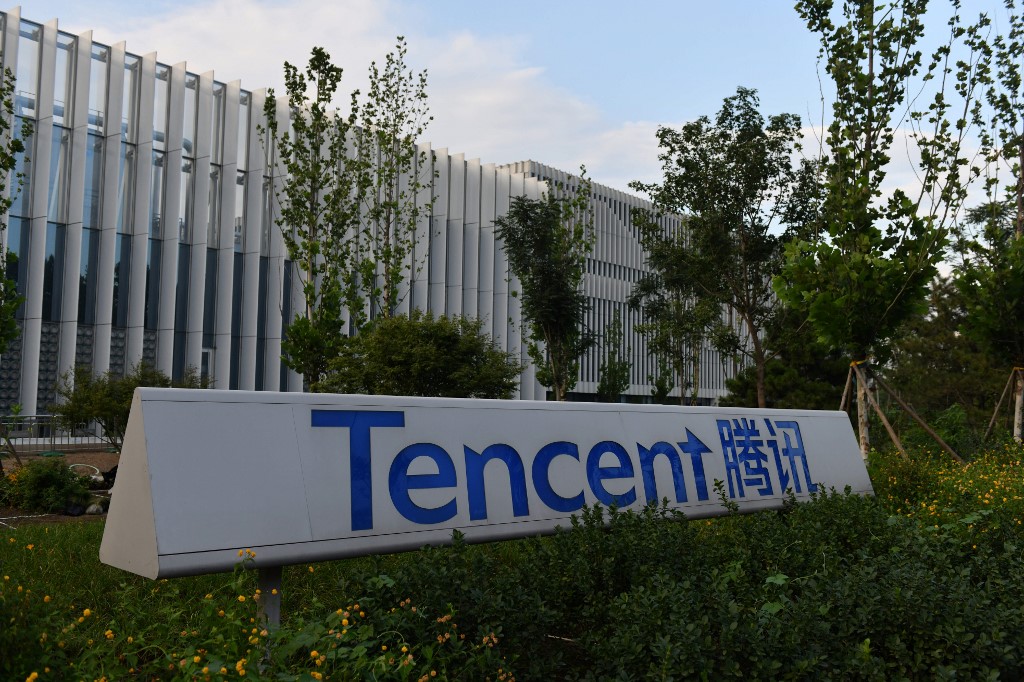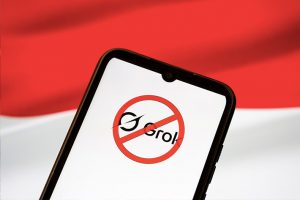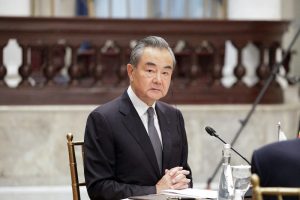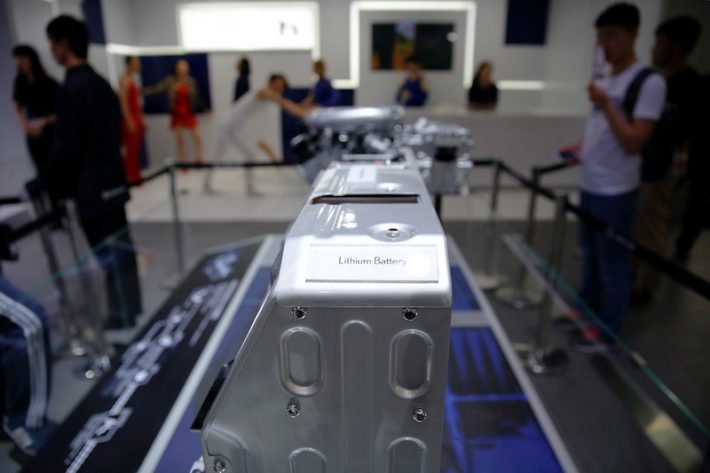(ATF) The USA is pushing other nations to join its ‘Clean Network Act’ – a comprehensive plan to purge Chinese and other app firms, Internet firms, telecom carriers, telecom equipment manufacturers – to stop state actors tapping undersea telecom cables, and other information services.
On the surface this initiative splits the world into two camps – and is an almost impossible crusade to untangle the world’s communication networks.
“We call on all freedom-loving nations and companies to join the ‘Clean Network,” US Secretary of State Mike Pompeo has said.
The US government says its Clean Network Act is the Trump Administration’s comprehensive approach to safeguarding the nation’s assets, including citizens’ privacy and companies’ most sensitive information from aggressive intrusions by malign actors, such as the Chinese Communist Party.
This initiative started with the ban on Huawei’s 5G network, and was followed last week by a ‘ban’ from next month on TikTok and WeChat in the USA. This followed India’s ban on over 100 Chinese apps. These actions were due to security concerns that users of Chinese companies’ mobile phones, apps, networks or equipment would have their user data scraped and used for unknown purposes.
China’s programmes
China has two government programmes – ‘the Golden Shield’ and ‘Dazzling Snow,’ which essentially block and prohibit the vast majority of non-Chinese government approved communications, apps and Internet services. The projects employ millions of people who maintain, censor and manage China’s internal Internet and phone services.
The majority of global news services have focused on the ruckus over the TikTok ban – currently in limbo, as it is unknown whether it will be blocked in the US, sold to a US firm, or whether TikTok will file a lawsuit against the Trump administration as early as August 11, accusing the US President of using executive orders to block TikTok in violation of the US Constitution.
But the ban on WeChat – an app not popular outside of China – opens a very large can of worms. WeChat belongs to Chinese firm Tencent. In the US Tencent has been shopping – it owns shares in Spotify, Snap, Reddit, Tesla, Warner Music, Universal Music and Fortnite, the maker of Epic Games and Riot Games, and the studio behind ‘League of Legends’.
The US has not stated – but the direction seems clear – that Washington wants quasi-autonomous Chinese firms out of its markets.
Huawei, as with all major Chinese firms, have strong links to China’s ruling Communist Party. Any company above a certain size, such as 100 employees, must have a party cell. Recent US policy towards Huawei has been extremely aggressive, and following the direction of the US government’s actions, the ban on WeChat is the first stone thrown in an approaching avalanche of censure against Tencent in the US.
On August 4, the Chinese Ambassador to the US, Cui Tiankai, was invited to attend the 2020 Aspen Security Forum for an online dialogue with Nicholas Burns, executive director of the Aspen Strategy Group, and Andrea Michel, Chief Foreign Policy Correspondent for NBC, on issues related to China-US relations.
Ambassador Cui said: “For decades, we have been involved in the US-China relationship. It seems to me that we are moving away from nearly 40 years of cooperation and moving towards competition, including on military, economic and 5G issues.”
Most large US firms, except Apple to some degree, have failed in China due to Chinese government interference. These new US actions appear to bring the tit-for-tat battle with China to a new level.
























